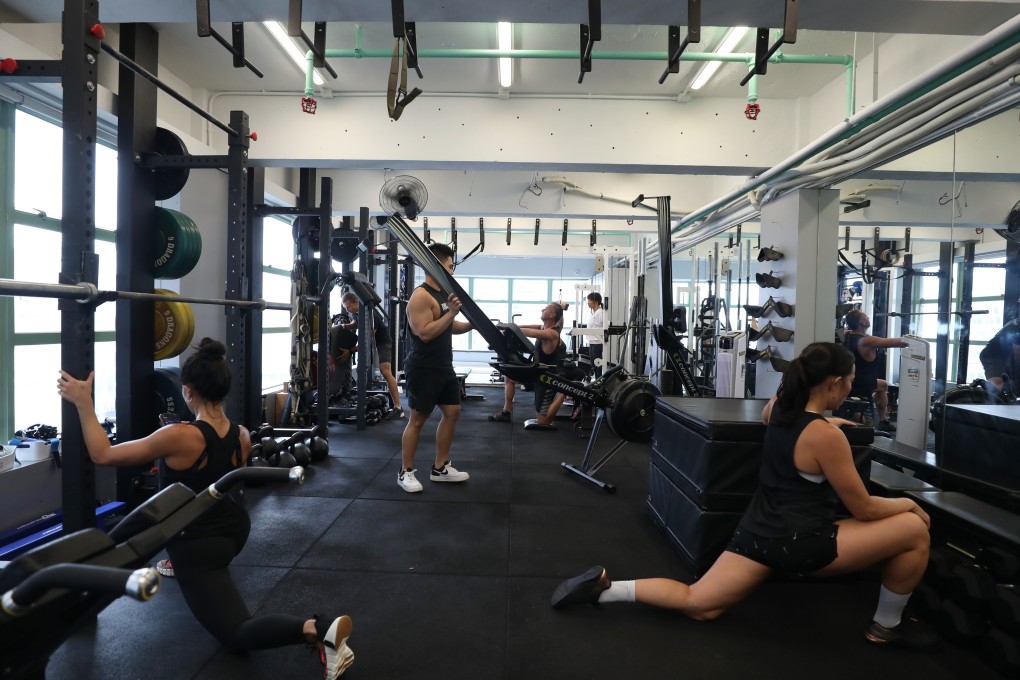Advertisement
Opinion | Hong Kong coronavirus fight must not overlook airborne transmission
- There are worries about Covid-19 being transferred through the air as entertainment venues reopen and workers return to their offices
- Hong Kong should implement air circulation regulations for buildings and ease up on other measures to allow more outdoor activities
Reading Time:3 minutes
Why you can trust SCMP

Warnings that Covid-19 is an airborne disease and governments should focus on precautions to stop the coronavirus spreading through the air are gaining momentum after a group of interdisciplinary experts published an article in The Lancet, listing 10 reasons for their arguments.
Advertisement
Experts who are pushing for more focus on this route of transmission say a number of studies have reinforced this argument.
Linsey Marr, an environmental engineer at Virginia Tech who specialises in aerosol studies, said bluntly in February: “It’s time to stop pussyfooting around the fact that the virus is transmitted mostly through the air.” Barr also warned if this was not done, the pandemic would drag on.
Since the outbreak started last year, masks, disinfection, social distancing regulations and hand sanitisation have been the main protective measures recommended by Hong Kong authorities. These measures have been effective as Hong Kong has time and again dodged the bullet of a mass outbreak, but it has never been able to shake off the virus completely as local transmissions continue to pop up.
As the number of new cases wanes, authorities have allowed restaurants, gyms and other businesses to reopen with strict safety guidelines. Bars and karaoke establishments are also reopening. Over time, commercial activities have returned and office workers are again commuting to their workplaces, leading to crowded bus and trains.
After a cluster broke out at Mr Ming’s Chinese Dining restaurant in February, the government ordered all catering units to ensure their premises had at least six air changes per hour or install air purifiers to make sure stale air was removed as customers were not wearing masks during the time they were there.
Advertisement

Advertisement
